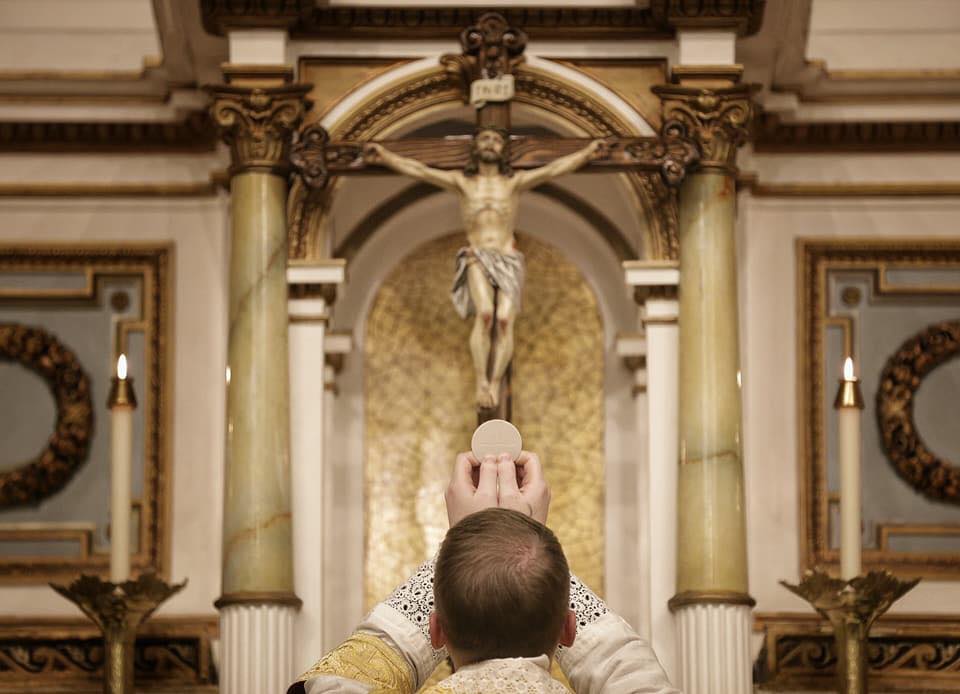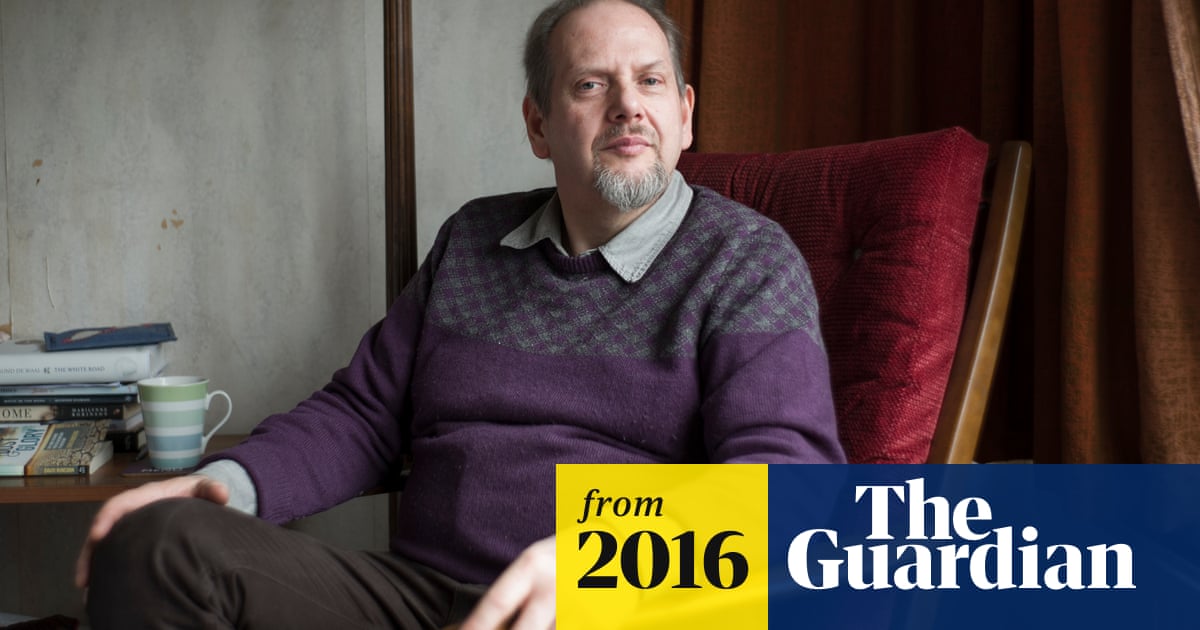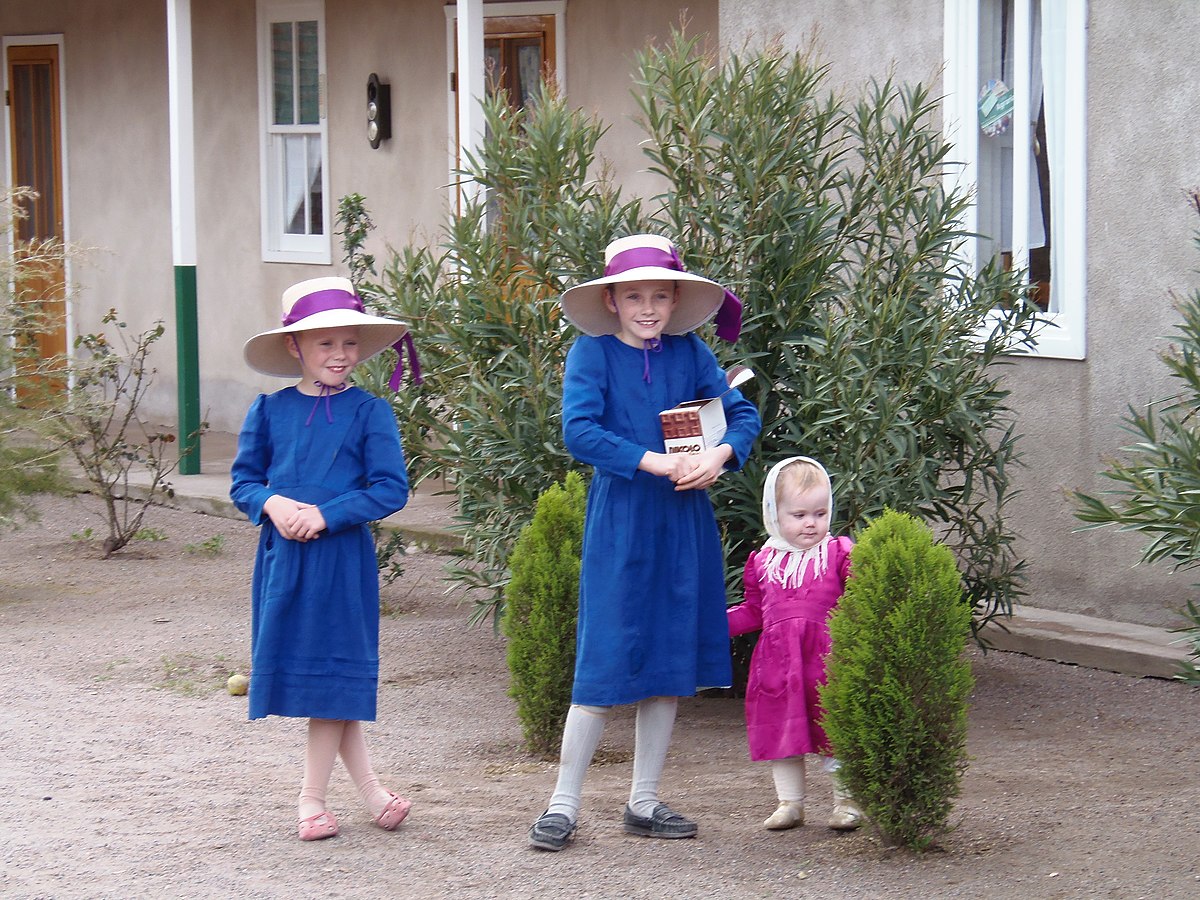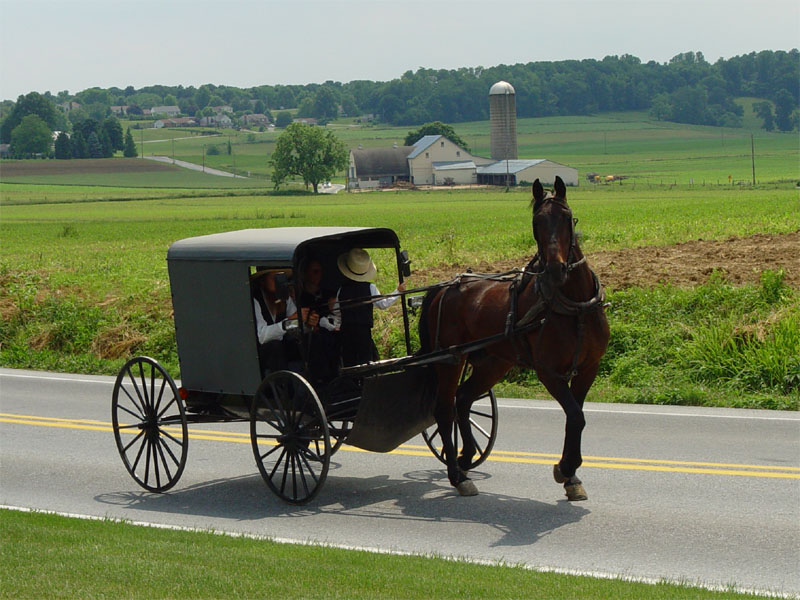There can indeed be great difference between conservative and liberal wings of the same religion, or even the same denomination; the Jews are of course a startling example of this, as they range from the Reform Jews who live in swanky Manhattan apartments to the Hasidic Jews who live in tightly packed Brooklyn ghettoes.
But even a milder denominational polarity, among the RCs, between the "normal" Novus Ordo adherents and the Trad Latin Mass participants, reveals considerable differences in social values - and fertility:
Traditional Latin Mass National Surveyby Fr. Donald Kloster St. Mary’s Catholic Church, Norwalk, Connecticut USA revfrkloster@yahoo.com Contributors: Sha Balizet Fisher, Ph.D. (Statistics), B…

liturgyguy.com
Importantly, TLM families have a nearly 60% larger family size. This will translate to a changing demographic within the Church. TLM attendees donate 5 times more in the collection, indicating that they are far more invested than the NOM attendees. TLM Catholics go to Mass every Sunday at 4.5 times the rate of their NOM brethren.
Now in the case of Mennonites, there are two basic rules of thumb:
1) Almost all Mennonites who are seen in news or mainstream media are liberals. Right-wing, conservative Mennonites simply stick to their own business and do not bother interacting with the outer world - let alone participating in virtue-signalling affairs like "refugee resettlement." Only sometimes they are seen in the media "collectively," as special reports are made about their exotic separatist colonies.
2)
Those Mennonites who are truly conservative have historically "proven their faith" by moving away (actually moving many, many times) from such locales where they could not continue properly living their traditional rural lifestyle. Whereas the liberal or downright
shitlib Mennonites have been content to keep dwelling in metropolitan cities, not bothering to flee such sinful Sodoms.
And on this subject, the "verdict of history" (as well as that of Darwinian natural selection) is utterly clear - the urbanized shitlib Mennonites, with their effete progressive values, will simply die off, as this case demonstrates:
One of Britain’s smallest religious groups, related to the Amish, abandons collective worship after attendance hits single figures

www.theguardian.com
UK Mennonites end Sunday services after numbers dwindle
One of Britain’s smallest religious groups, related to the Amish, abandons collective worship after attendance hits single figures
Religion correspondent
Wed 16 Mar 2016 14.16 GMT
One of the UK’s smallest religious movements will hold its last act of collective worship this weekend as age, mortality and changing attitudes to faith have forced it to abandon regular services.
The Mennonites – part of the Anabaptist tradition dating back to the 16th century – are closely related to the Amish, who are noted for their plain dress, simple life and rejection of modernity and technology.
But the Mennonites have a wider range of customs and practices, according to Ed Sirett, who was an elder of the church, based in Wood Green, north London, until last year. “On the spectrum, there are some that are very like the Amish to those that are really modern and urban,” he said.
The numbers attending Sunday services have dwindled to single figures from a peak of 40 in the 1990s, said Sirett. “In the last five years, there have been some untimely deaths of highly committed individuals, which has been a huge blow. We’re older and less energetic, and it got to the point when just keeping the rota of Sunday worship going was taking most of the energy of the last half a dozen people. We could probably do more to advance our cause if we weren’t expending so much effort on something which people weren’t coming to.”
“As with many Christian churches, we failed to convince the next generation that following Jesus was the best way. We lost the next generation,” said Sirett.
The London Mennonite Centre closed in 2010, and the church has struggled to fill the positions of elders. Members decided at the end of last year that “we could no longer sustain our usual pattern of community life, despite a perceived obligation to maintain the UK’s only fully functioning, English-speaking Mennonite church,” said a statement from the last remaining elder, Sean Gardiner.
Sirett said the decision to end services was “a very sad moment. The pain is not a super-shock, but it’s still like a bereavement.”
Mennonites, along with all Anabaptists, are baptised or re-baptised as adults. “We are a believers’ church, a church of choice, not a default church,” said Sirett. They are committed pacifists and strong believers in justice, mutual aid and community.
“We’re quite progressive. Equality between men and women is pretty much taken without question, and we have women in leadership positions. Gay and lesbian couples are welcomed,” said Sirett.
Anabaptist churches were largely driven out of England during the reign of Elizabeth I, only returning in the middle of the last century. There are about 2.1 million Anabaptists globally, concentrated in sub-Saharan Africa, Asia and North America. Only about 3% live in Europe.
Following the north London group’s final service on Sunday, members may attempt to establish a virtual community and will continue to meet and socialise individually.
Meanwhile, on the other end of the ideological spectrum, those Mennonites whose ancestors had enough faith to move to isolated wildernesses to maintain their separatist lifestyle, are showing a rather different demographic profile:

en.wikipedia.org
The number of adult members of the Mennonite faith in Argentina in 2012 was 4,678. Of these 1440 were members of Old Colony Mennonite congregations with a Germanic background, whereas the rest of 3,238 was mostly in Spanish-speaking congregations.[12]
Ethnic Mennonites in Argentina speak Plautdietsch in everyday life and use an old-fashioned Standard German in reading, writing and singing. In addition, Spanish is spoken fluently by some settlers and taught in schools.[3] By 2007, 1,300 people were surveyed in the town of Remecó, La Pampa, consisting of approximately 200 families, with an average of 8 to 12 children each.[15]













